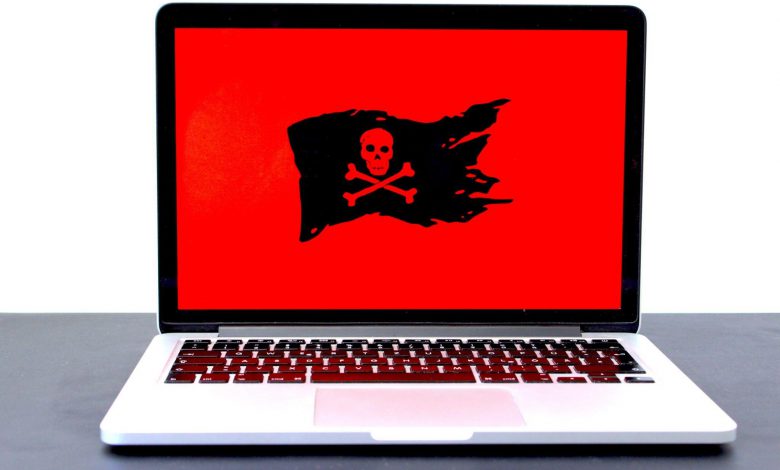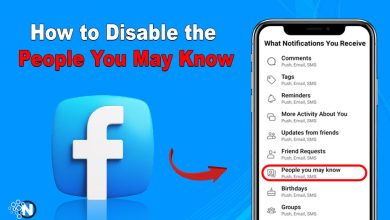Ways To Protect Your Computer from Viruses and Adware

Hackers have always had the ability to attack computers. Viruses target computers and will infect them if not properly addressed. Threats are always present, for any computer anywhere in the world.
The FBI recently claimed a phone fraud alert: someone claims to work for a large software company and says that his computer is sending an error message over the Internet: “I have found a virus. No problem though: all you have to do is pay them and they will remotely repair your computer with antivirus software installed on it. The easier way to overcome these scams is don’t give your personal information to strangers and the right to access your computer. But here are some additional ways by that you can protect yourself from viruses and adware.
Also Read:
- 5 Awesome Benefits Of A Maximum Security Antivirus
- Bitdefender Free Antivirus- Top Choice for Extreme Security
- Reasons why your business needs a spam detection solution?
- 5 Link Building Strategies to Use in 2021
Regularly Update Software
Software manufacturers such as Microsoft and Oracle update their software regularly to fix problems that could be utilized by hackers. Oracle has just released an update to its Java software to fix a protection vulnerability that hackers could use to infect computers with malware.
The software section comes after the Department of Homeland Security issued a vulnerability notice advising computer users to disable the Java plug-in in their web browsers.
Install Antivirus Software
This is what almost all of us do when we buy a new computer; we chose antivirus software. Antivirus software is the first step against viruses and virus attacks to ensure the best possible virus removal. We need antivirus software to scan our computer and all of its files, scan external devices for possible threats, and protect our computer from malware coming from the Internet.
In this regard, the choice of a real, effective and reliable antivirus is very important. You should also update your antivirus software regularly.
Create Strong Passwords.
Password is the most important link in your security chain. You must be very careful when creating a password. While we believe passwords should be easy to remember, they should be difficult and protected at the same time. A great way to create strong passwords is to create a passphrase, a set of letters and numbers, and special characters to create longer (at least 8 characters) and meaningless letter strings.
Don’t Open Unnecessary Email Links
No doubt, a great antivirus program always monitors your e-mail, you must take proactive ways to avoid clicking on links or attachments that you do not trust. As a general rule, do not click on links sent by email from unknown sources without checking their reliability, no matter how important or persuasive they may seem. Recently there was a case of a malware attack sent by email to a form. The wrong speeding ticket requires the recipient to click the link and pay the penalty.
Read:
- Marketing in The Coronavirus Pandemic- Leading Marketing Strategies
- How to Create Training Data for Computer Vision Use Cases
Back-Up Computer
How often do you back up information on your computer? If you don’t, and 29% of computer users fall into this category, you won’t have any protection against disasters like a hard drive failure or a fire in your home, back it up. You have three main backup options: external hard drive, online backup service, or cloud storage. Use a service like Google Drive and your files will be backed up to the cloud all the time.
Using Firewall to Improve Privacy Settings
Using a network firewall can help you develop security rules and regulate traffic to and from your network. Some firewalls come with built-in antivirus software, so they also block viruses, worms, and other malicious processes from entering your network.
One very important thing to keep in mind is to keep your firewall program enabled in order to detect and fight threats in real-time. The privacy settings in your web browser privacy settings provide increased security and keep you out of trouble.
Avoid Unnecessary Downloads
Make sure your web browser’s security settings are high enough to detect unnecessary downloads. For Internet Explorer, the minimum security setting is the medium security level. Some downloaded files contain viruses that harm your computer and data. Therefore, it is important to avoid these files to protect your computer.
Using Pop-up Settings
Always use the pop-up blocker in your browser to securely surf the web. Many pop-ups are spyware and adware that contain bitter data and can harm your system. Likewise, enable the User Account Control (UAC) option on your computer so that any changes made to your system require administrator permission.
Read:
If you suspect that your computer is infected with a virus, make sure you have the latest security software installed and then scan your computer. Nowadays, protecting yourself from viruses and data loss is much easier than it used to be, and it doesn’t cost a dime. Take some time today to make sure you are protected.




